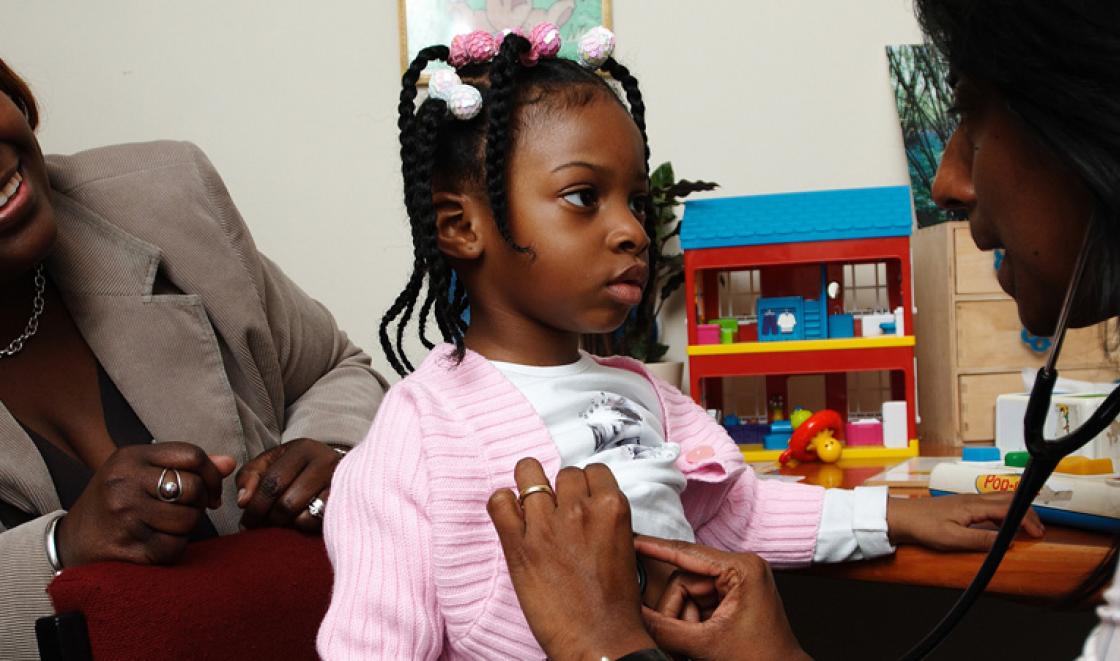In a three-year pragmatic clinical trial involving nearly 100,000 children recruited from across 70 general practices in Lambeth and Southwark, the research team compared the CYPHP integrated care model to enhanced standard paediatric services. Trial findings have been published in The Lancet Child & Adolescent Health.
The trial showed meaningful improvements in care quality and health status for children receiving CYPHP interventions for existing long-term conditions, including asthma and eczema. However, there were no significant reductions in overall paediatric health service use across the population. The researchers suggest this is likely due to the limited reach of services during the study period, which coincided with service disruptions caused by the Covid-19 pandemic, and an important aspect of the model which is the ability to identify and deliver care for children with unmet needs.
